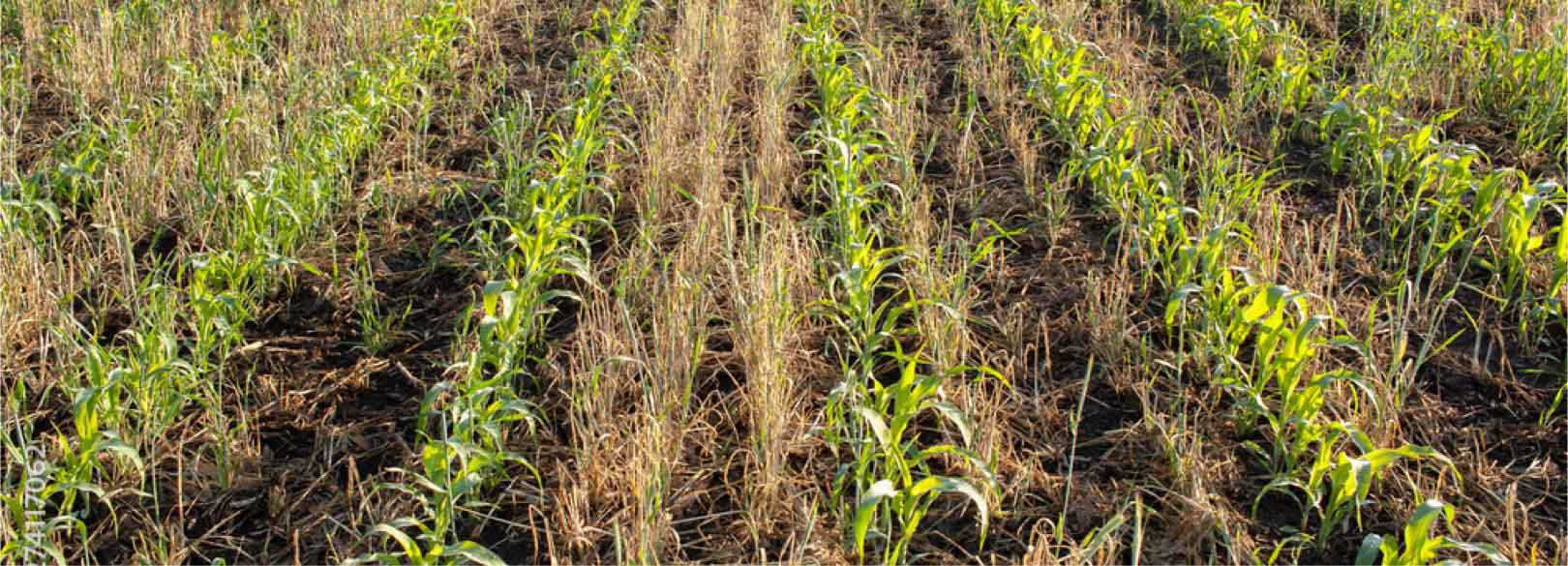The five-year, $8.5 million project in this key beef-producing region aims to mitigate and adapt to impacts of climate change.

Cargill joined forces with The Nature Conservancy, McDonald’sⓇ and Target in 2021 to provide technical and financial assistance for Nebraska farmers to implement soil practices that store carbon in the soil rather than the atmosphere. These partnerships benefit farmers and the environment by unlocking one of the agriculture’s greatest opportunities to mitigate climate change.
Nebraska is one of the top states for U.S. beef production and among the top three states for the production of corn, a key ingredient in cattle feed. This project will work with interested farmers to reach 100,000 acres of land and provide them with the technical and financial assistance to scale the implementation of regenerative soil health practices, including cover cropping, reduced tillage and diversified crop rotation.
Healthy cropland soils boost fertility, improve water quality and stabilize the global climate. An Ecosystem Services Market Consortium pilot, the program works to connect farmers to private sector payments to finance these societal climate, environmental and water benefits.
This connection, along with $4.4 million in support from a USDA Natural Resources Conservation Service grant through their Regional Conservation Partnership Program, provides a way to further scale adoption of regenerative agriculture.
Partnerships
The Nebraska soil program acts as a pilot that can be reproduced elsewhere in the U.S. and around the world, stimulating other collaborations between suppliers, environmental groups and corporations. These partnerships are key as businesses like McDonald’s and Target work toward their climate goals of cutting 150 million metric tons of greenhouse gas emissions.
